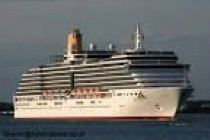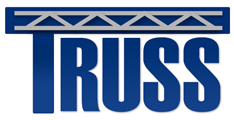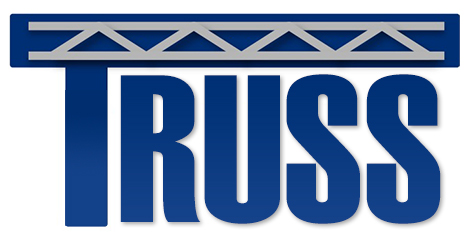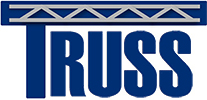 ESR5: A probabilistic framework for fatigue crack management of ship structures
ESR5: A probabilistic framework for fatigue crack management of ship structures
- Host: Lloyd’s Register EMEA
- Address: Technical Investigation Department, Lloyd’s Register Global Technology Centre, Southampton Boldrewood Innovation Campus Burgess Road, Southampton SO16 7QF, United Kingdom
- Main Supervisor: Dr. Kian Banisoleiman
- Fellow: Guang Zou
Passenger ships can operate in extreme and harsh conditions and are designed for a certain life span. Lloyd’s Register is currently investing in monitoring technology and methods that will lower the costs of Integrity management of ageing ship structures. There are differing requirements from a statutory and operator point of view. This is a complex and difficult arena with potentially significant benefits where TRUSS will invest further research.
Lloyd’s Register has operated a long term acoustic emission and strain based monitoring system on a semi-submersible offshore asset in the North sea to identify and quantify any fatigue related cracking in nodal joints. It has also operated long term vibration and strain based monitoring system on a class of cruise ships to assess the loading and monitor the effects of structural changes which has been used to support the recommendations for the structural integrity management of these vessels. Both sets of data are also correlated environmental date sets including wave height, wind speed and direction.
The long term data sets already gathered are unique and valuable and representative selected sets will be made available to the ESR. Furthermore global FEA models of vessel, fatigue test characteristics of materials with a range of instrumentation for crack detection and monitoring will be available to the ESR on a similar selective representative data set basis. The monitoring and test programmes undertaken can be viewed as specific examples of integrity monitoring and assessment. The methodology will be extended to improve the prediction and identification of structural issues which threaten the integrity of the vessel from both the statutory and operator points of view.
The candidate will finally propose a system of combined monitoring technology, analysis and reporting which will address the statutory and operator’s needs. The limits of such a system will be explicitly investigated and approaches to integrating this within framework to achieve as low as reasonably practicable risk will be formed.
This project involves a secondment of some months to University College Dublin (UCD) (supervised by Dr. Richardson and Dr. Gonzalez) and to University of Aalborg (Denmark) (supervised by Prof. Faber). Simulations global ship FE models, fatigue calculations (combined with corrosion levels) and crack monitoring will be used to propose a monitoring strategy.
- Guang Zou – click to view profile
- Dr. Kian Banisoleiman – click to view profile
- Dr. Arturo Gonzalez – click to view profile
- Prof. Michael Havbro Faber – click to view profile
- Dr. Alan O’Connor – click to view profile
- Dr. Mark Richardson – click to view profile
- Prof. Debra Laefer – click to view profile
You can follow blog and publications by ESR5 below.



